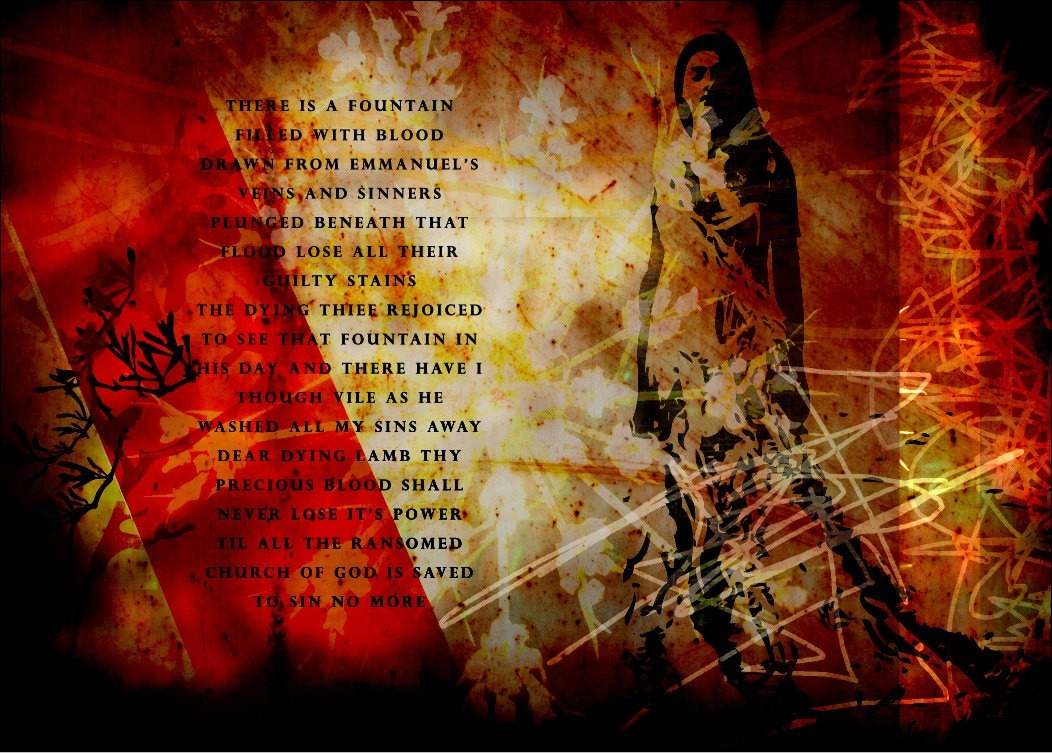
The Church Calendar
For everything there is a season, and a time for every matter under heaven.
Ecclesiastes 3:1
The Church has a choice: live by Christian time or secular time. The Church can center its worship in the events of the life of Christ or it can celebrate every holiday that the Hallmark Card Company invents. From its earliest beginnings, the Church celebrated Jesus Christ: his birth, death, resurrection, ascension, and soon return. The annual cycle educated the Church in the gospel saturating believers in redemption history by grounding the saints in the life of Christ through worship, preaching, and the sacraments.
Advent is a time to wait. Christmas is a time to rejoice. Epiphany is a time to witness. Lent is a time for repentance and renewal. The Great Triduum is a time to enter death. Easter is a time to express the resurrected life. After Pentecost is a time to study and evangelize. Of course we are to do all of these Christian practices all of the time. But a rule of thumb is that a specific time set aside for each facilitates and empowers our Christian experience at all times.
Robert Webber, Ancient-Future Time: Forming Spirituality through the Christian Year (Grand Rapids: Baker Books, 2004), 180.







